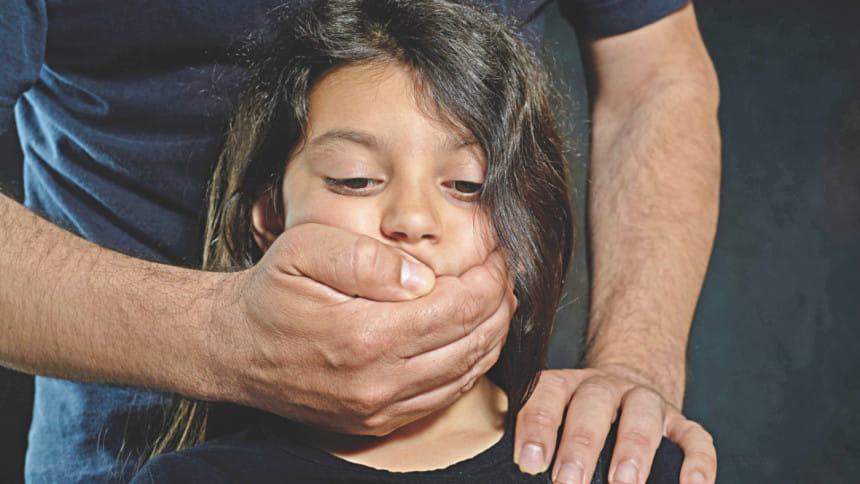Is Paedophilia increasing in Bangladesh?

A few days ago a seven-year-old girl was raped by an adult man. She was not the only victim of such crime. According to a news report published earlier, a total of 496 children were raped in the first six months in 2019 and among them, 53 were gang-raped. The number of such incidents is rising alarmingly and that is why many of us are urging the government to implement more stringent laws against the crime or make the existing laws stricter, but almost nobody considers it as a disease or psychological disorder. This is because people in Bangladesh are not aware of their sexuality, thanks to the lack of proper sex education.
Those who have sexual attraction for children do not know that they are suffering from a disease called paedophilia, instead, they think that this is normal. Therefore, along with the implementation of laws against the offence, it is also important to raise awareness among mass people about this disorder so that if anyone has unusual sexual attraction for children, they can understand that they are suffering from a disease and can seek help from doctors or psychologists.
Paedophilia is described as recurrent and intense sexually arousing fantasies, sexual urges, or behaviours involving sexual activity with a prepubescent child or children. Types of activities vary and may include just looking at a child or undressing and touching a child. Moreover, acts often involve oral sex or touching of genitals of the child or the offender.
The causes of paedophilia are unknown. There is some evidence that it may run in families, though it is not clear whether this stems from genetics or learned behaviour.It may be a lifelong condition, but paedophilic disorder includes elements that can change over time, including distress, psychosocial impairment, and an individual's tendency to act on urges.
While treatment may help paedophiles resist acting on their attraction to children, many do not seek clinical help because of having no knowledge about the condition.
Research suggests cognitive-behavioural treatment models may be effective in treating this condition. Such models may include aversive conditioning, confrontation of cognitive distortions, building victim empathy, assertiveness training (social skills training, time management etc.).
Medications may be used in conjunction with the psychotherapy to treat the paedophilic disorder. Such medications include medroxyprogesterone acetate and leuprolide acetate, anti-androgens to lower sex drive.
The intensity of sex drive is not consistently related to the behaviour of paraphiliacs and high levels of circulating testosterone do not predispose a male to paraphilias. Hormones such as medroxyprogesterone acetate and cyproterone acetate decrease the level of circulating testosterone, potentially reducing sex drive and aggression. These hormones, typically used in tandem with behavioural and cognitive treatments, may reduce the frequency of erections, sexual fantasies, and initiation of sexual behaviours, including masturbation and intercourse.
Antidepressants such as fluoxetine have also been found to decrease sex drive but have not effectively targeted sexual fantasies. In addition, psychopharmaceutical interventions, including, when needed, testosterone-lowering medication can be offered to dampen sexual appetite.
The writer works at Eskayef Pharmaceuticals Limited.
E-mail: [email protected]

 For all latest news, follow The Daily Star's Google News channel.
For all latest news, follow The Daily Star's Google News channel. 



Comments